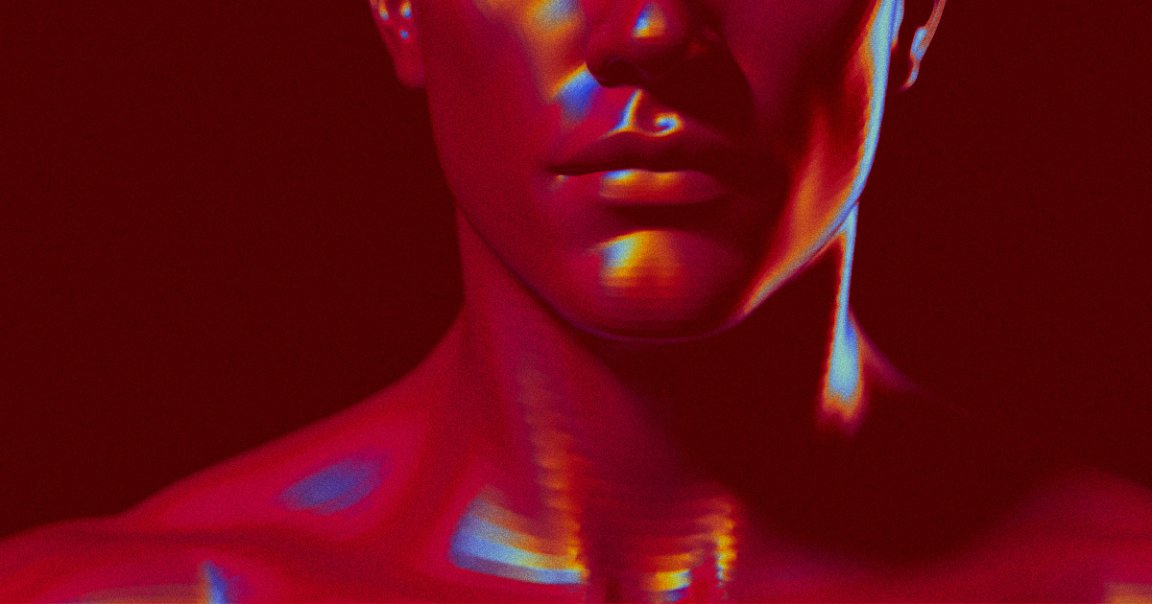
Crisis of Faith
Strangely enough, Hinduism is the latest venue for robots and automation — and worshippers as well as religious experts are freaked out by it.
As anthropology expert Holly Waters describes in her recent piece for The Conversation, there are substantial concerns surrounding the use of robots in religious contexts, such as robotic arms that perform the “aarti” ritual in India, which involves lighting a candle to worship Hindu deities.
While the aarti robots and several others — like a life-size animatronic elephant used to make a Kerala temple “cruelty-free” — are exciting to some worshippers, others have plenty of reservations about what their use might mean for the future of religion.
“There are concerns that the proliferation of robots might lead to greater numbers of people leaving religious practice as temples begin to rely more on automation than on practitioners to care for their deities,” Waters writes, citing research that has found that younger people are, indeed, going to church less.
To the anthropologist, these concerns appear to be linked to pervasive spiritual anxiety.
“Scholars often note that these concerns all tend to reflect one pervasive theme – an underlying anxiety that, somehow, the robots are better at worshipping gods than humans are,” she wrote. “They can also raise inner conflicts about the meaning of life and one’s place in the universe.”
Bot Gods
She goes on to note that many scholars have pointed out that “robots, unlike people, are spiritually incorruptible,” which could make them a better alternative to pesky humans.
“This not only makes robots attractive replacements for dwindling priesthoods but also explains their increasing use in everyday contexts: People use them because no one worries about the robot getting it wrong, and they are often better than nothing when the options for ritual performance are limited,” Waters writes.
The entire conundrum can indeed be mind-boggling to consider, especially when taking into account the context of our rapidly changing feelings about robots and the role of artificial intelligence in modern society.
“Modern robotics might then feel like a particular kind of cultural paradox, where the best kind of religion is the one that eventually involves no humans at all,” the anthropologist concludes. “But in this circularity of humans creating robots, robots becoming gods, and gods becoming human, we’ve only managed to, once again, re-imagine ourselves.”
More on left-field robots: Chuck E. Cheese Is Weirdly Defensive About Its Floppy Disk-Powered Robots